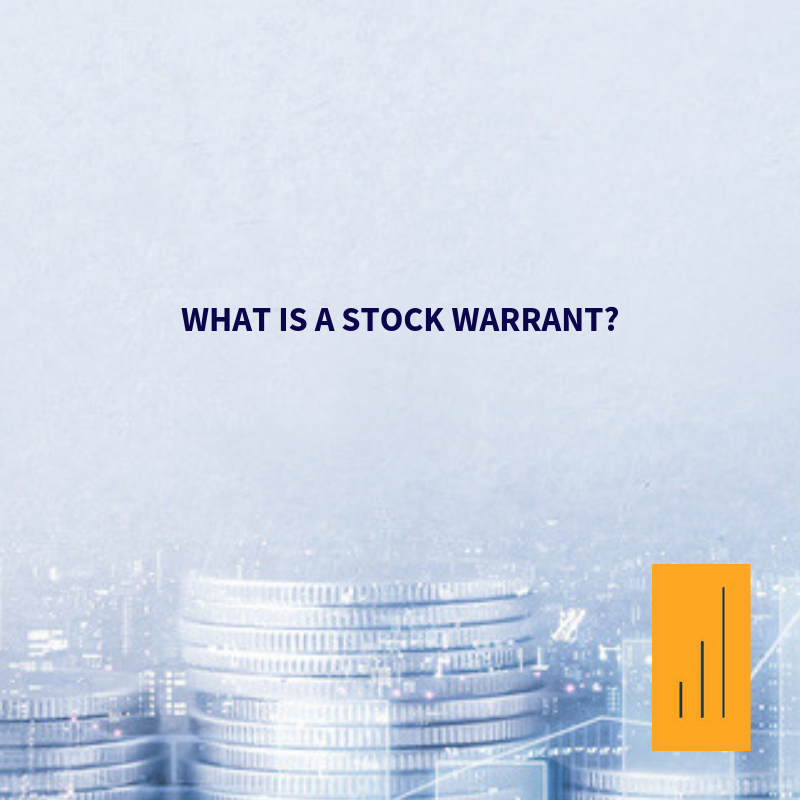If you have a corporation that issues stock then you might also be asked on occasion if there are any warrants outstanding or if you’d be willing to issue them in exchange for something. If you don’t issue stock, for example you’re a partnership or an LLC then a warrant wouldn’t be something you would use. But whether now or later you may be asked about them in your business, so here’s a little overview. A warrant is essentially an option or a right to purchase shares of stock in your company at a specific price in the future. To give someone that “right” you “issue them a warrant” for a certain number of shares at a certain price. The price is usually the most recent third party stock price you can point to, however it could be a different number and it could even be zero (often called penny warrants). In the penny warrant example you are essentially giving them the stock but there are reasons why companies prefer to hold the penny warrant over the actual stock certificate. They typically have a term date as well, often 7 or 10 years so that the holder must exercise their right to purchase their stock within that time period or else they lose the right.
Now you don’t just go handing out warrants willy nilly to people, but they are often helpful as an additional incentive to get someone to do something. You see them used most often when you are borrowing money or accepting equity. The lender or investor may want the chance to increase their return by purchasing your stock in the future at today’s current price, if they believe your stock value will increase over time. This allows them to maybe have an increased return without forking out the cash to buy the shares today. And you don’t have to be public to issue them, you can be a small private company and that works too. Be aware the accounting is a little complicated on your books and you will need your attorney to draft the warrant document for you – but they will have a template so shouldn’t be too cumbersome. Personally I’ve even used them to close deals with strategic customers, giving both of us incentive to see the business grow. But be careful if you do that they may ask for information you wouldn’t want to share – and of course you can say no. So, good luck with your new warrant knowledge.

